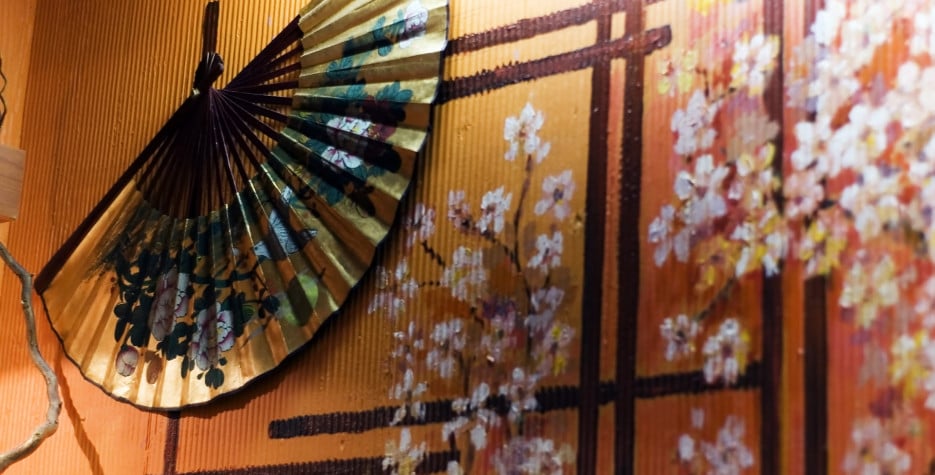When is Coming-of-Age Day?
The Coming-of-Age Festival (Seijin no Hi) is a public holiday in Japan celebrated on the second Monday in January. Until 1999, it used to be celebrated on January 15th.
Sometimes called 'Adult Day', the day honors young Japanese who will reach the age of majority at any point in the 12 months since the start of April in the previous year. Twenty is the age of majority in Japan and people who have reached this age gain the right to vote in elections as well as to drink, smoke, and get married without parental consent.
Japan lowered the age of adulthood in 2018 from 20 years of age to 18 which took effect in 2022.
However, they need to wait a few more years to run for a public office. The minimum age for a congressman and mayor is 25; it is 30 for a senator and governor.
Coming of Age Day remains a popular holiday, but Japan's reduction in population growth in recent years means that fewer people are turning 20 - government figures showed the number of Japanese who were aged 20 on January 1st 2022 had fallen 40,000 from the previous year to about 1.2m, the lowest since the survey began in 1968.
How is Coming-of-Age Day celebrated?
"The purpose of this holiday is to congratulate and encourage young men and women who attain the legal age of adulthood to fulfil their new-found responsibilities and become self-reliant members of society," said Masahiko Uchino, of the National Cabinet Office’s holiday section.
Local governments usually have a ceremony known as a seijin shiki (adult ceremony) to honor the "new adults". The ceremony is held in the morning of the national holiday at local city offices across Japan. Those who turn 20 during the current school year, which runs from April 2nd to April 1st the next year, are invited to attend. During the ceremony, heads of local government and guest speakers from various backgrounds give speeches and small presents are handed out to the new adults.
Women celebrate the day by donning special kimonos in which the sleeves are long, compared to the kimono with shorter sleeve portions that is worn by mature, married women. Some women will also wear hakama (baggy pants).
Most young women cannot put on a kimono themselves and have to go to a kimono kitsuke who dresses them. They also go to a hairdresser to have their hair done the day before or early in the morning. Many women rent their kimonos because of the cost of buying one.
Most young men wear business suits, although sometimes men wearing dark-colored kimonos, called a "haori" (half-coat), can be seen. Certainly, It is a much less expensive day for young men than the women.
The Coming of Age Day tradition may date back as the 700s, though its more modern interpretation began in the 1600s. Boys would participate in genpuku and girls would join in mogi ceremonies where they would dress in adult robes and cut their hair.
The holiday took on a different tone after World War II, when the city of Warabi, near Tokyo, hosted a youth festival to cheer people up. The concept caught on, and Coming of Age Day has been an official holiday since 1948. In 1998, it was moved to the second Monday in January as part of Japan’s "Happy Monday" system, which moved several holidays to create three-day weekends.
The modern legal age of 20 as adulthood was established in 1876. Once known as 'Genpuku', the coming of age ceremony is a tradition that predates this by some distance, but the age of becoming an adult was traditionally much younger - 15 for boys and 13 for girls.
Recent amendments to the Civil Code will lower the age of adulthood to 18 from April 2022, but there is no law stipulating the age of the Coming of Age ceremony attendees.
During public holidays, tourist attractions and public transport are generally more crowded. Hotels may charge a holiday pricing premium of up to 50% on normal rates.


